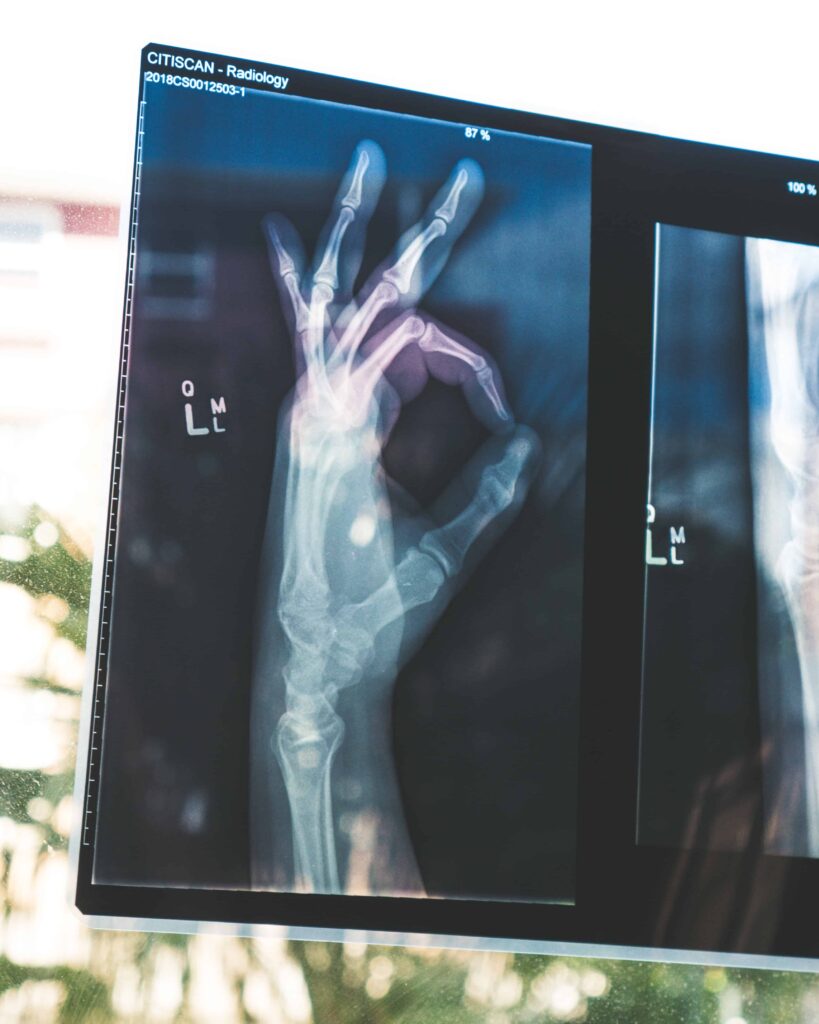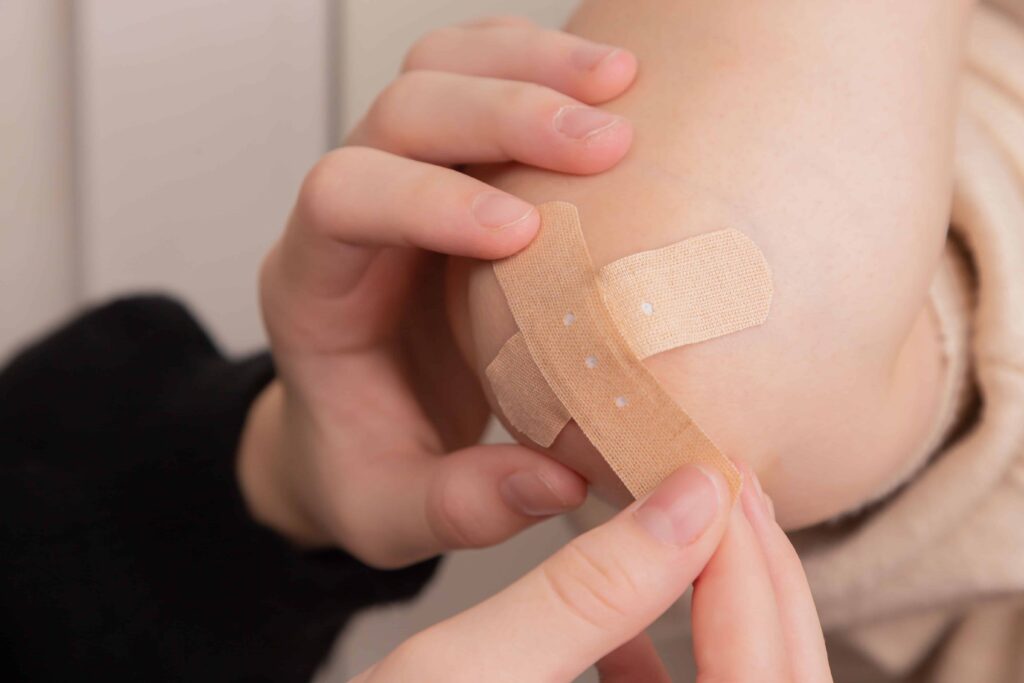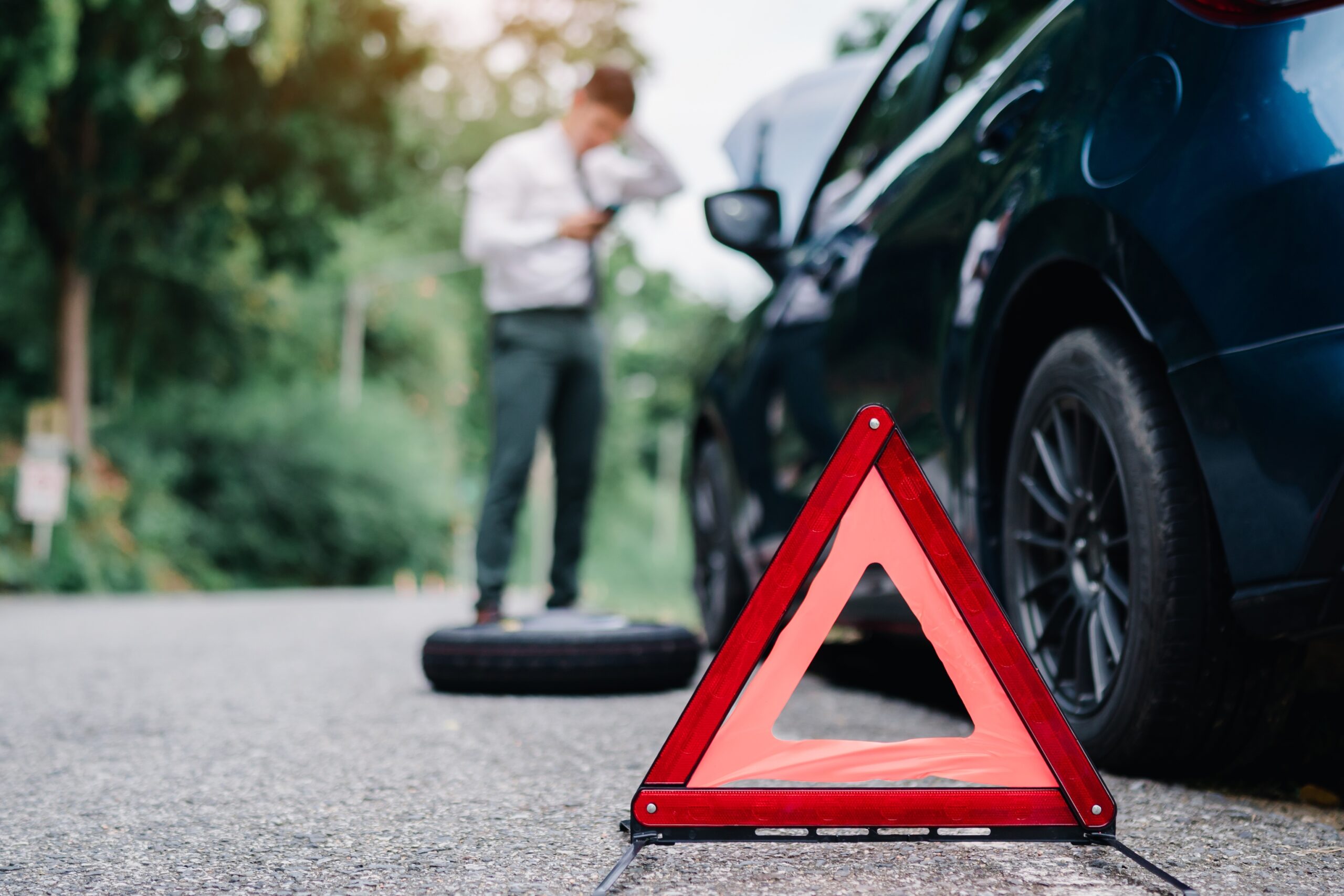
Insurance covers a lot, from unexpected illnesses to routine checkups and physicals, but you may not know that your insurance policies may cover much more. Many injuries are covered by insurance, whether it’s an unfortunate fall while cleaning gutters or an injury sustained from an automobile accident. Here are a few examples of injuries you may not have known are covered by insurance.
Types of Insurance Policies
First, let’s look at common insurance policies and when they are used Most Americans have at least three insurance policies: homeowner’s, medical, and automobile. Here is a quick look at each type, and what they typically cover.
Medical
These policies are designed to help cover the costs related to routine and emergency care, including illness, specialists, injuries, routine services, and medications.
Homeowner’s
Homeowner’s insurance policies cover losses to your property such as storm damages, roof replacements, tree services, and broken windows. These policies also allow for injuries a visitor sustains while on your property, including dog bites from covered dog breeds, slips, trips, and falls.
Automobile
Auto policies cover the costs associated with automobile accidents. These may include property damages to your vehicle or other vehicles involved in the incident, damages to structures, and injuries sustained to yourself, other drivers, or pedestrians as a result of the accident. These policies are issued for all vehicles and vehicle types including RVs, boats, and motorcycles.
For example, knowing that motorcycle-related accidents can be covered under your auto insurance policy is essential when considering motorcycle injuries in Hammond. Given the heightened risk for motorcyclists, it’s crucial to understand the specifics of your coverage. Consulting a knowledgeable personal injury attorney can help ensure your insurance claim is handled effectively if you’re involved in a motorcycle crash.
Other insurance clauses and add-ons may include personal accident policies, additional fire and flood coverage for homeowner’s policies, and renter’s insurance.
Injuries Covered by Insurance

Your injuries are usually covered by your auto, medical, or homeowner’s insurance policies. You already know that these policies cover burns, falls, and lacerations, but did you know they can also cover some pretty unexpected things?
Explosions
Injuries sustained by an explosion in your home are covered by homeowner’s insurance, as long as the explosion wasn’t intentional. If an injury occurs from an explosion outside of the home, it will be covered by the property owner’s insurance or the entity in charge of the site. These can include:
- Bars and nightclubs
- Commercial properties
- Hotels and motels
- Hospitals and healthcare facilities
- Theaters and arenas
It is also essential to understand the specifics of your insurance coverage, as policies cover burn injuries in South Bend and other locations, which can be a common consequence of explosions. Whether the incident occurs at home or in a public venue, the right policy should provide comprehensive coverage for burn injuries, ensuring that victims have access to the necessary medical care and recovery support.
Injuries sustained by passengers in your vehicle
Your automobile policy should cover injuries sustained by all passengers in your car, as well as passengers in the other vehicles. Your auto policy may also cover injuries sustained by your pets if they were in the car at the time of the incident, provided you have purchased an add-on and the accident was not your fault. The other driver’s insurance is responsible for your pet’s injuries if the other driver is at fault.
Make sure to read the fine print of your auto insurance policy to check for available add-ons if your pet is a frequent passenger in your car.
Injuries from defective products
If a defective product has caused an injury, your insurance policy may cover the treatment costs. There are, however, many more parties that can be held liable for these types of injuries and it’s always advisable to seek an experienced personal injury attorney and file for additional compensation.
*Available 24/7 & Obligation-FreeYou Get ONE Shot At Full Justice. We Make Sure You Take It.
Visitor’s accidents
Your homeowner’s insurance will pay for most accidents incurred by a visitor on your property, provided the injury was not sustained due to negligence on the part of the property owner. Your visitors are usually covered for slips, trips, and falls, such as sprains and injuries sustained by slipping on a wet or uneven surface, falls occurring due to a slip or a misstep, lacerations, burns, and animal bites. It’s important to note that many homeowner’s policies exclude certain dog breeds from this coverage, typically bully breeds, german shepherds, chow chows, and other breeds widely considered to be aggressive.
In an incident involving dog bites, particularly in South Bend, verifying whether your homeowner’s insurance covers the specific breed involved is crucial. South Bend dog bites from covered dog breeds can lead to insurance claims that require careful navigation. If the breed is covered, the policy may provide financial protection against claims for medical expenses, legal costs, and other damages resulting from a dog bite. However, you could face significant out-of-pocket expenses if the breed is not covered. Therefore, it’s essential to understand the details of your policy coverage regarding dog bites and to take necessary precautions to prevent such incidents.
If you have been injured as the result of an escaped livestock animal, such as a cow or horse, the property owner’s homeowner’s insurance may be responsible for your injury, no matter how far from the property the animal has wandered.
Medical malpractice injuries
Your medical insurance will pay for the initial costs of injuries related to medical malpractice. Once liability has been determined, your insurance company will seek repayment through the provider’s or institution’s malpractice insurance. Filing claims with your medical insurance for malpractice injuries will not prohibit you from filing additional claims against the provider or entity for pain, suffering, or lost income resulting from the incident.
Pool-related injuries
Injuries arising from a private pool will be the responsibility of the property owner’s homeowner’s policy, provided they have proper coverage. Injuries at a public pool may be paid for by your private insurance. In turn, the insurance company will investigate the conditions at the pool to determine liability and will file a claim against the pool owner’s insurance for repayment.
Your homeowner’s insurance may deny a claim if an injury at your private pool is considered to be from negligence, such as:
- Improper fencing
- Inadequate or slippery footing
- Malfunctioning filters and suction valves
- Alcohol consumption
- Trip hazards
Slips, trips, and falls
The most common types of at-home injuries are the result of a slip, trip, and fall. These are covered by your personal medical insurance if you are the injured party, or by your homeowner’s policy if the person injured is a visitor or guest in your home.
Injuries Not Typically Covered by Insurance

While most injuries are covered by one or more insurance policies, some are not. These can include:
- Self-harm: Most insurance policies will not cover injuries related to self-harm.
- Risky hobbies: Many policies will not cover injuries sustained pursuing a risky hobby such as scuba diving, bungee jumping, or rock climbing.
- Injuries sustained in the service: Injuries occurring as the result of military service are not covered under commercial insurance plans.
- Fights and altercations: As a rule, most insurance plans will not cover injuries resulting from physical altercations.
- Intoxicant-related injuries: If an injury is due to intoxication, it may not be covered by insurance.
- Workplace injuries: Personal insurance policies will not cover accidents and injuries resulting from a workplace incident.
If you’ve been injured as a result of a “non-covered” incident, however, you always have the right to appeal the decision. This is best done with the help of an experienced personal injury attorney.
Turn to the Professionals
A personal injury lawyer will guide you through filing your insurance claim, and will also help you receive fair compensation for pain and suffering if your injury was due to someone else’s negligence. It’s also important to seek legal advice if a claim against your homeowner’s, auto, or medical insurance has been denied so an appeal can be filed as soon as possible.
Contact a credible personal injury lawyer.






